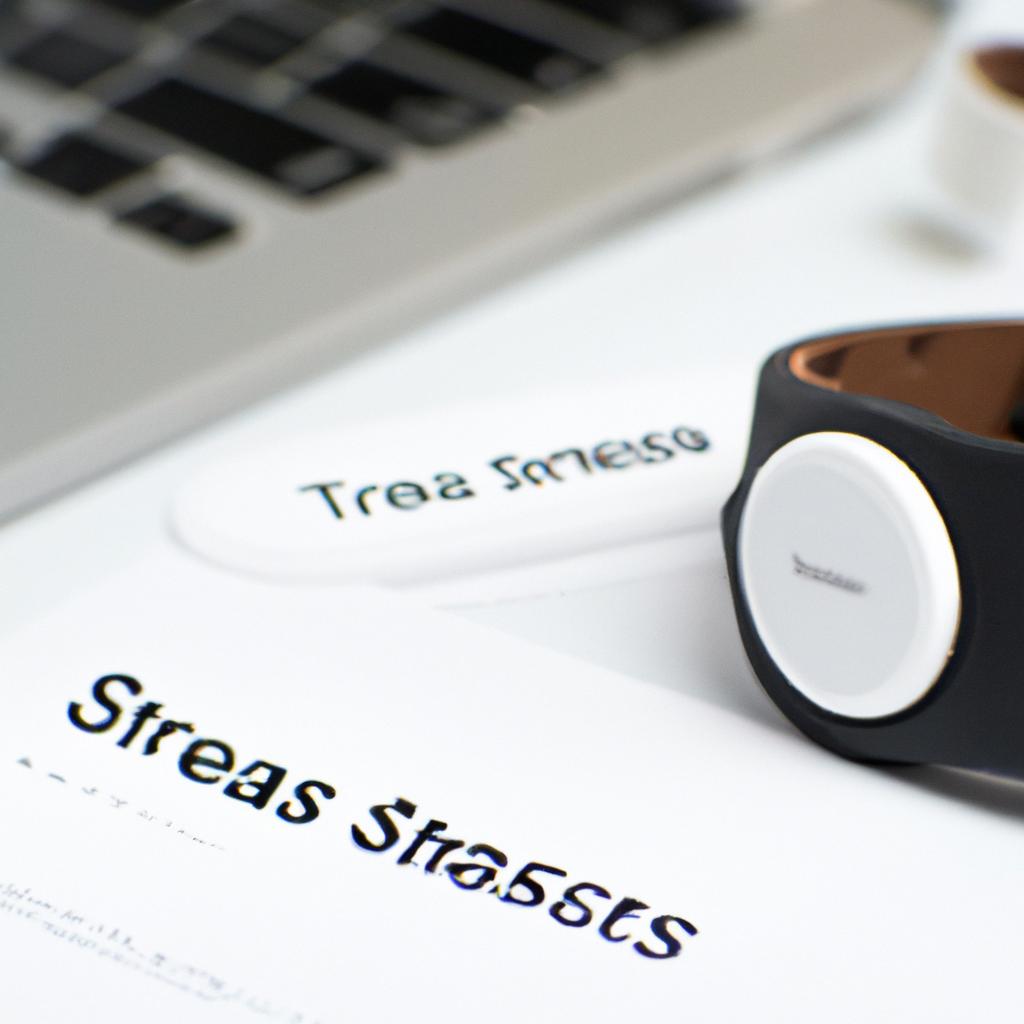**”The Role of Wearable Technology in Tracking Stress Levels: How Smart Devices Monitor Physiological Responses and Enhance Mental Well-Being”**
The Role of Wearable Technology in Tracking Stress Levels: How Smart Devices Monitor Physiological Responses and Enhance Mental Well-Being
In today’s fast-paced world, stress affects many people. Individuals often seek effective ways to manage stress levels. Wearable technology has emerged as a powerful ally. These smart devices track physiological responses and provide insights into mental well-being. This blog explores how wearable technology monitors stress and promotes mental health.
Understanding Wearable Technology
Wearable technology includes smartwatches, fitness trackers, and health monitors. These gadgets offer real-time data on various health metrics. Many devices measure heart rates, sleep patterns, and physical activity. Users gain valuable insights into their stress levels.
How Wearable Tech Measures Stress
Wearable devices utilize sensors to track physiological responses. For instance, heart rate variability (HRV) indicates how well your body handles stress. A lower HRV signifies higher stress levels. Many devices also monitor skin temperature and sweat response. These metrics provide a comprehensive view of your stress state.
The Science Behind Stress Monitoring
Stress affects the body in many ways. It triggers the release of hormones like cortisol and adrenaline. These hormones prepare the body for “fight or flight” responses. Wearable technology helps users recognize these physiological changes. Understanding these changes empowers individuals to manage stress proactively.
Enhancing Mental Well-Being with Wearable Tech
Wearable technology tracks stress levels and improves mental well-being. Many devices offer features that promote mindfulness and relaxation. For example, some smartwatches include guided breathing exercises or meditation reminders. These features encourage users to prioritize their mental health.
Setting Personal Goals
Wearable devices allow users to set personal health and wellness goals. You can track daily steps, sleep quality, and exercise routines. These devices often send alerts when you reach your goals. Achieving these milestones boosts your mood and reduces stress.
Data-Driven Insights
Wearable technology provides data-driven insights. These insights help individuals understand their stress patterns better. For example, if you notice increased stress during specific activities, you can adjust accordingly. Tracking progress over time highlights improvements in mental health.
Tips for Using Wearable Technology to Manage Stress
Nutrition Tips
Nutrition plays a vital role in mental well-being. You can track food intake and its effects on stress levels. For instance, monitor how caffeine affects your heart rate. Aim for a balanced diet rich in fruits, vegetables, and whole grains. Nutritious meals can enhance your mood and reduce anxiety.
Exercise Advice
Regular physical activity impacts stress management significantly. Wearable technology helps you establish an exercise routine. Set daily or weekly activity goals using your device. Track your workouts to see what works best for your body. Consistent exercise improves your overall mental health.
Mindfulness Practices
Incorporating mindfulness practices into your routine enhances stress management. Many wearable devices offer guided meditation or breathing exercises. Set aside a few minutes each day for these practices. Use reminders on your device to stay committed. These practices lower stress levels and improve focus.
Health Benefits of Monitoring Stress Levels
Monitoring stress levels through wearable technology offers numerous health benefits. First, it promotes self-awareness. Understanding your stress triggers empowers you to make informed decisions. Second, it encourages healthier lifestyle choices. Regular tracking motivates you to exercise more and eat better. Third, it enhances emotional resilience. Recognizing stress patterns helps you develop coping strategies.
Building Emotional Resilience
Emotional resilience helps individuals bounce back from stress. By tracking your stress levels, you can identify triggers. Recognizing these triggers enables you to implement coping strategies. This process builds emotional strength over time.
Fostering Healthy Habits
Wearable technology fosters healthy habits through real-time feedback. When you see the impact of actions on your stress levels, you become motivated. For instance, if you notice a drop in stress after exercising, you may prioritize workouts. Consistent tracking encourages accountability and commitment to your wellness journey.
Conclusion
Wearable technology plays a significant role in tracking stress levels. These smart devices monitor physiological responses and provide valuable insights. By using wearables, individuals enhance their mental well-being and adopt healthier habits. Tracking stress levels leads to improved emotional resilience.
In summary, wearable technology empowers individuals to take charge of their mental health. Monitoring physiological responses and implementing lifestyle changes helps users manage stress effectively. These devices become essential tools for promoting overall well-being.
Below are related products to the topic if you’re interested:
FAQ
How do wearable devices measure stress levels?
Wearable devices measure stress levels by utilizing sensors that track various physiological responses. Key indicators include heart rate variability (HRV), which reflects how well your body manages stress; lower HRV typically indicates higher stress levels. Additionally, these devices can monitor skin temperature and sweat response, providing a comprehensive view of your stress state.
What features do wearables offer to help manage stress and enhance mental well-being?
Many wearable devices come equipped with features designed to promote mindfulness and relaxation, such as guided breathing exercises and meditation reminders. These tools encourage users to prioritize their mental health and can help lower stress levels when incorporated into daily routines.
What are the benefits of monitoring stress levels with wearable technology?
Monitoring stress levels with wearable technology offers several benefits, including increased self-awareness of stress triggers, encouragement of healthier lifestyle choices, and enhanced emotional resilience. By understanding stress patterns, users can implement coping strategies and make informed decisions to improve their mental well-being.















Post Comment